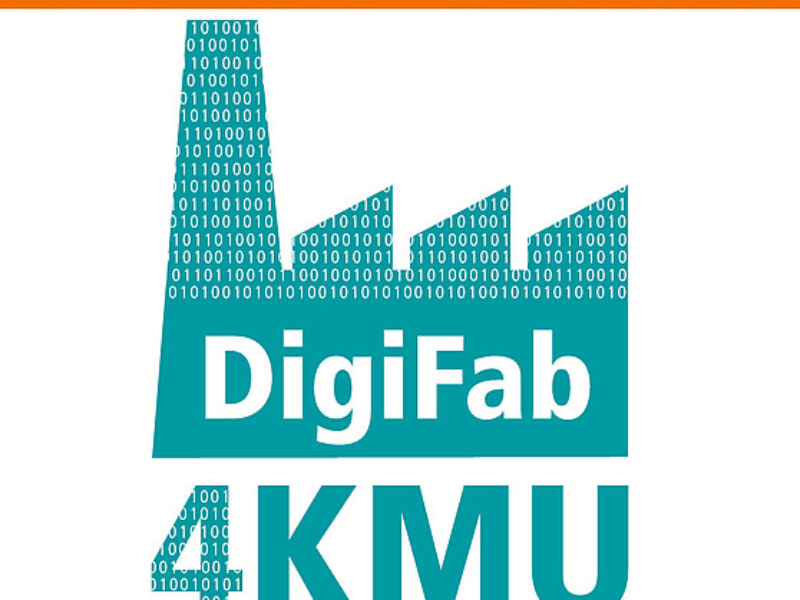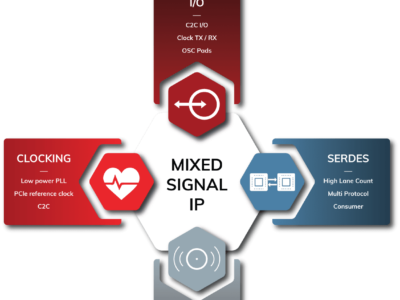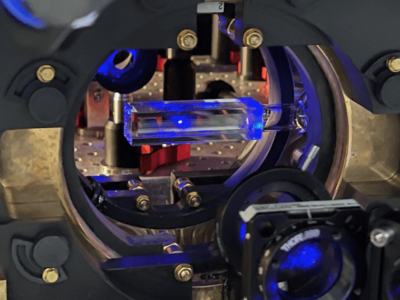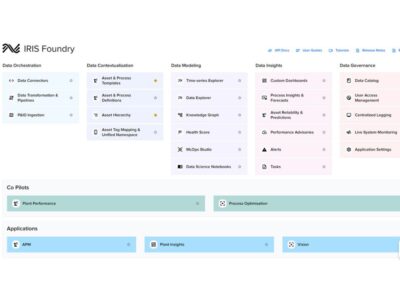
Integrated virtualization system to support Industry 4.0 building information modelling
Building construction has been at the forefront of technological progress throughout the millennia and stands again on the cusp of momentous changes: the digital revolution, bringing not only substantial opportunities, but also considerable challenges. Construction projects large and small are becoming ever more complex, with a constant stream of new guidelines and building codes to consider, the risks of climate change to address, and the expectations of an increasingly urban and tech-savvy clientele to meet.
Building information modelling (BIM) is an innovative process of generating, analyzing, and managing building data throughout its life cycle. Used in planning, construction and management of buildings or other structures, BIM relies on non-proprietary, end-to-end business processes that work across companies and free from media disruption. However, 3D-model design theory, like BIM, has yet to make its contributions more universally applicable in the field, as legacy systems will continue to be used in conjunction with pioneering innovations.
The DigiFab4KMU initiative launched by the above cited consortium aims to leverage the potential of the digital revolution in the building industry by integrating all phases and agents involved in the construction process and their unique data and software assets in one integrated virtualization system (IVS).
This IVS will cover the entire process from planning to execution and operation for all trades and disciplines involved in the process, ranging from the architectural to the building technology, logistics, and IT functions. The end result will be a comprehensive and fully digital value chain that brings all of the innovations already realized by other digitally transformed industries to the construction sector: business intelligence, smart and connected production processes, optimized material flows, and mass data driven process optimization. The IVS constitutes a virtual twin of the physical project in much the same way and with many of the same benefits already achieved in similar systems in the mechanical engineering and other sectors of industry.
“The introduction of IVS will allow us to configure datasets in a totally new way that will give us a high level of flexibility and expandability in planning”, said Bastian Wieland, CEO of archis Architekten + Ingenieure states. “Our company is tasked to deal with modelling and developing connected technical systems that will form part of the foundation of DigiFab4KMU. There are many hurdles to overcome for us to offer and operate innovative digital building and factory planning in the future, but we are certain that the boundaries that still separate different departments and IT systems and different ecosystems can be bridged with our joint efforts.”
KIT, the Institute for Information Management in Engineering (IMI), headed by Prof. Jivka Ovtcharova, is researching, among other topics, virtualization from CAD planning data. In the BIM domain in particular, the goal is to combine all planning data for a new building into a virtual model.
For example, 3D scans of the construction progress are combined with CAD plans. In addition, the production planning in the new building is supported by the virtual model and the virtualization of the previous production as well as a value stream analysis. The virtual reality system used in this project is PolyVR.
“Our task is to use holistic modelling to optimally design production facilities by implementing them across departments, making economic efficiency feasible, while simulating employee paths and logistics processes. This is where so-called lean production comes into play, which is primarily intended to contribute to the success of the company by eliminating waste and accelerating business processes. The balance between academic and technical expertise will be crucial for the success of DigiFab4KMU”, explained Michael Grethler, Head of the Digital Twin Unit (IMI) of the Karlsruhe Institute of Technology.
Wibu-Systems is adding its expertise and capabilities to the DigiFab4KMU initiative with an innovative approach for its sub-project, Industry 4.0 concepts in hardware production. The vision of Oliver Winzenried, CEO and founder of Wibu-Systems, is clear: “We plan to create a comprehensive ecosystem where the physical premises represent one link in an integral and totally coordinated chain of data and information. This includes the design of novel processes for the IVS-driven planning and construction of our new headquarters, using the integrated system to create a fully Industry-4.0-ready infrastructure and digitally optimized process flows for the manufacturing of our company’s hardware products.”
Wibu-Systems will also contribute to the development of a new service model that brings the capabilities of the IVS to other SMEs who are in the process of taking their production infrastructure into the digital age, with the added power of Wibu-Systems’ unique protection and security solutions.
Wibu-Systems – www.wibu.com
 If you enjoyed this article, you will like the following ones: don't miss them by subscribing to :
eeNews on Google News
If you enjoyed this article, you will like the following ones: don't miss them by subscribing to :
eeNews on Google News




